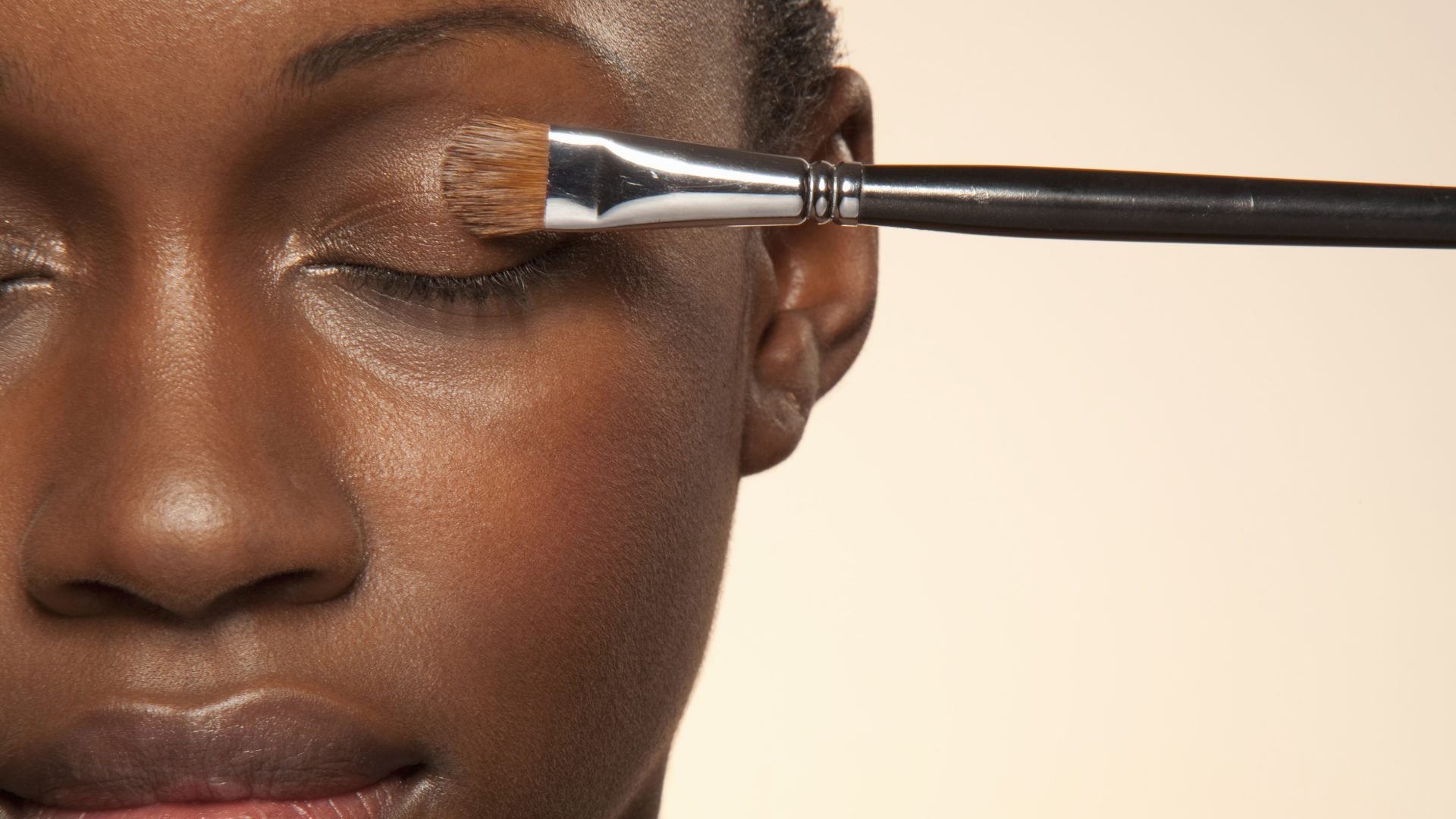
“Brands are closing left and right,” The Lip Bar CEO, Melissa Butler said in a recent Instagram post. “I’m talking about brands that are much larger than The Lip Bar deciding that they’re closing their doors.” This year, we’ve seen an onslaught of beauty brands shut down, file for bankruptcy, or be given up to acquisitions to remain afloat during a mild recession.
“In 2020, many Black-owned businesses were seeing record numbers because people were at home engaging in retail therapy,” Butler tells ESSENCE, citing an inclusivity push to support small Black businesses. Mielle Organics, for example, saw 4x in sales growth year over year since then. Butler adds, “fast forward to 2024, there’s an attack happening on diversity, equity, and inclusion,” with racist bills and lawsuits targeting inclusivity, resulting in big companies backing away from DEI.
Late last year, a private equity firm acquired Black-founded Uomo Beauty’s assets, with their founder Sharon C Noye intending to challenge the sale. “A cautionary tale of the realities of what founders have to suffer quietly with investors and why we are seeing more and more exodus of founders and consequently a decline in innovation,” Noye tells BoF.
But it’s not just Black brands who could not avoid acquisition. “Some [other] brands failing right now are not just Black-owned businesses, but the broader beauty brands that were well-funded and/or raised millions of dollars in capital or some that were run by celebrities,” Butler says. For example, Puig took over Dr. Barbara Sturm, Shiseido acquired Dr. Dennis Gross, and Unilever beat out bidders for K18 Haircare.
Meanwhile, celebrity-backed Amyris became a beauty casualty after filing for bankruptcy last year. Then, influencer-fronted Jaclyn Hill’s namesake cosmetics line shut down as a result of their parent company Forma Brand’s post-bankruptcy restructuring. And last week, The Body Shop cut 300 head office jobs with 7 UK stores closing immediately and almost half to close in the near future.
Additionally, beauty giant Estée Lauder– owner of brands including MAC Cosmetics, Clinique and Bobbi Brown– has been on a decline for five straight quarters, with a 40% drop in shares. “If you look at these brands and see they can’t make it, it seems even more impossible for Black business owners to have the confidence that they can make it, and for potential investors to believe that their money won’t be lost,” she says. Even with big, non-Black businesses, “brands hire Black people in these spaces so these failures within our industry will also impact our community.”
That said, “I think brands are closing [and declining] because the economic environment is really hard right now, and consumer spending is much lower than it used to be,” Butler says. TD Cowen forecasted 2024 will be a year of “value-hacking” in beauty, with the accessibility of drugstore dermatological labels (like CeraVe, La Roche Posay and Glow Recipe) expected to be an ongoing selling point, which explains why the affordable E.l.f. Beauty reported an 85% sales growth.
With Google making it easier to find dupes and Sephora tweens taking over beauty, customers want to get the most out of spending less. But Gen-Z also values authenticity. “I think that we have to be smart and not try to compete the same way that our counterparts are competing,” she says. “We have to understand that our authenticity will save us, our community will save us. Leveraging the things that make us special is more important than following another brand’s playbook.”
In a year full of closings, bankruptcies and layoffs, experts say the best course forward is going back to the basics and budgeting to prevent issues this year. “We want to make sure to produce products that we feel like our customers really need, that are filling a gap, or solving a problem so we’re not over investing in people, marketing, or products that we launch,” she says. “I think that has helped me to gain and have the resiliency that’s required to make it through an economic downturn.”